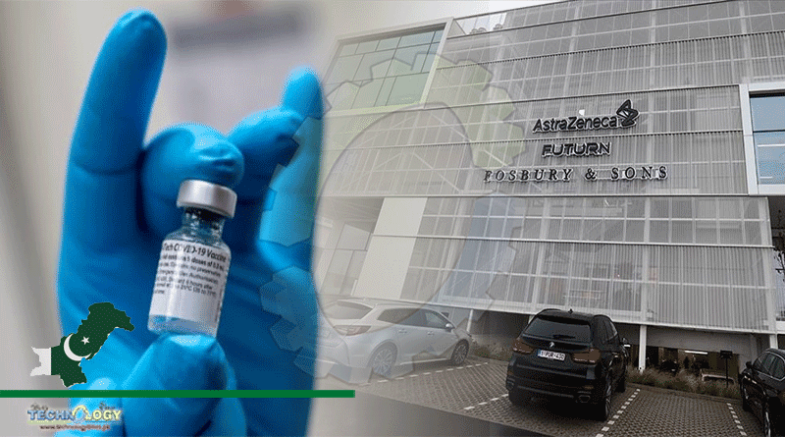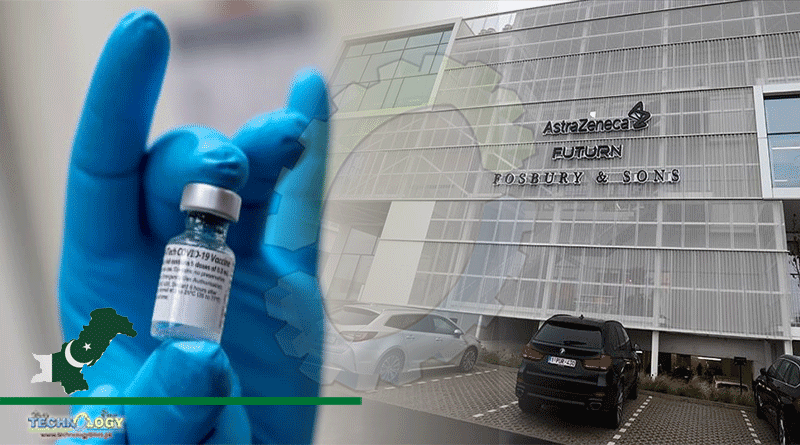Asad Umar says the World Health Organisation’s Covax, to supply up to 17 million doses of the AstraZeneca Covid-19 vaccine by March.

Minister for Planning and Development Asad Umar said on Saturday that Pakistan had received a letter from the World Health Organisation’s Covax platform, indicating of a supply of up to 17 million doses of the AstraZeneca Covid-19 vaccine during the first half of 2021.
Sharing the “good news” on Twitter, the minister said that around six million doses will be received by March with delivery starting as early as February.
“We signed with Covax nearly eight months back to ensure availability,” he wrote.
Meanwhile, Special Assistant to the Prime Minister (SAPM) on Health Dr Faisal Sultan said he was “happy to share” that in addition to the 500,000 doses of the SinoPharm vaccine, almost seven million doses of the AstraZeneca jab will be made available and given to the public free of cost.
“Pakistan’s vaccine drive starts next week, beginning with frontline healthcare workers,” he said.
“We remain confident that we will meet our plan of large-scale immunisation over the coming months this year,” a press release shared by Sultan on Twitter said.
Covax is an alliance set up by Global Alliance for Vaccines and Immunisation (GAVI), Coalition for Epidemic Preparedness Innovations (CEPI) and the World Health Organisation in April last year. The alliance has pledged provision of free vaccine for 20pc of the population of different countries, including Pakistan.
Pakistan has so far approved three coronavirus vaccines — the Oxford-AstraZeneca vaccine, the vaccine developed by Chinese state-owned firm China National Pharmaceutical Group (SinoPharm) and Russian-developed Sputnik V.
However, the AstraZeneca vaccine has become embroiled in controversy as questions arise about its effectiveness as well as due to potential litigation because of delays in delivery to the European Union.
Germany’s Robert Koch Institute has questioned the effectiveness of the jab among the over-65s, citing gaps in test data as the EU mulls the approval of the vaccine.
Originally published at Dawn
